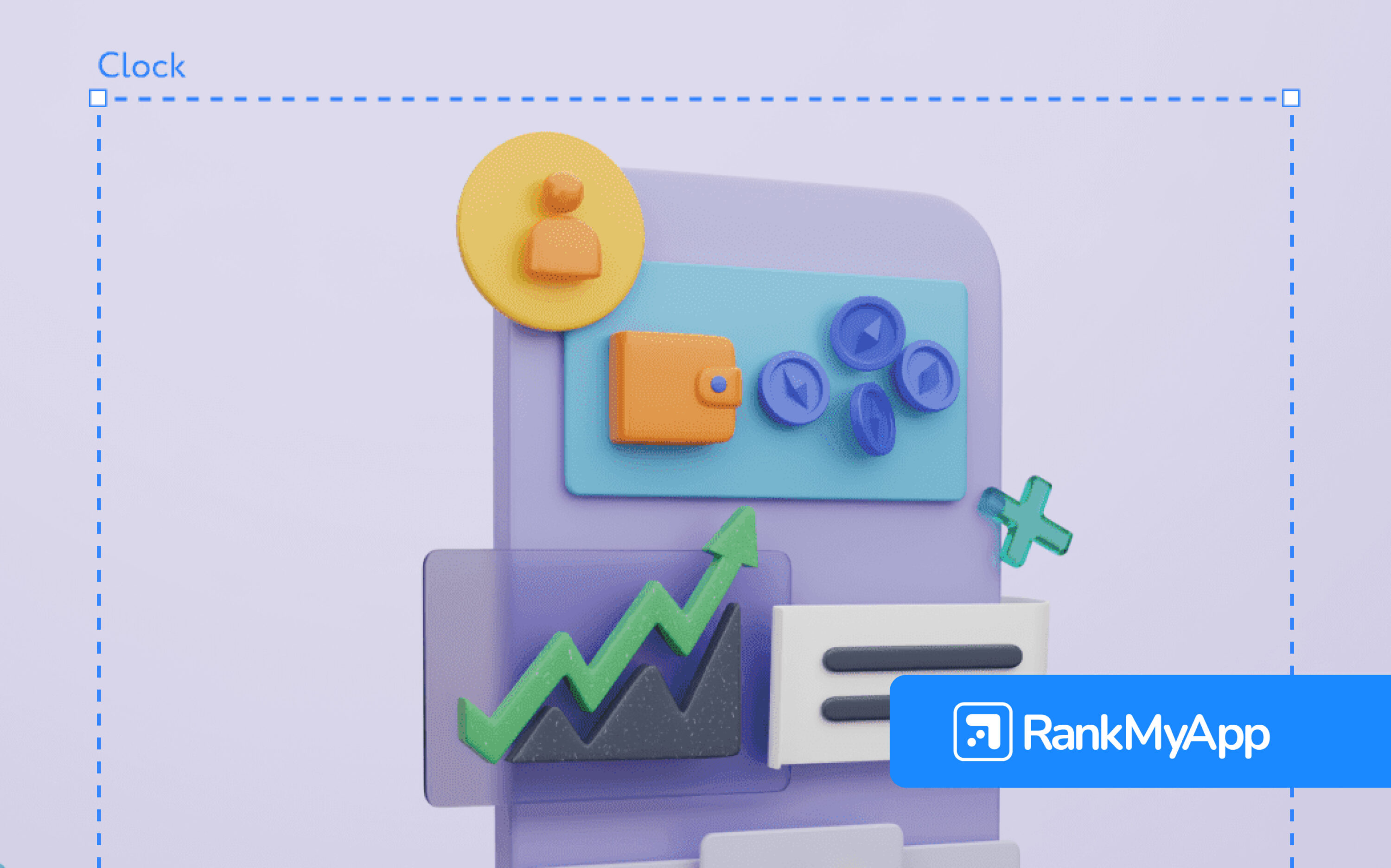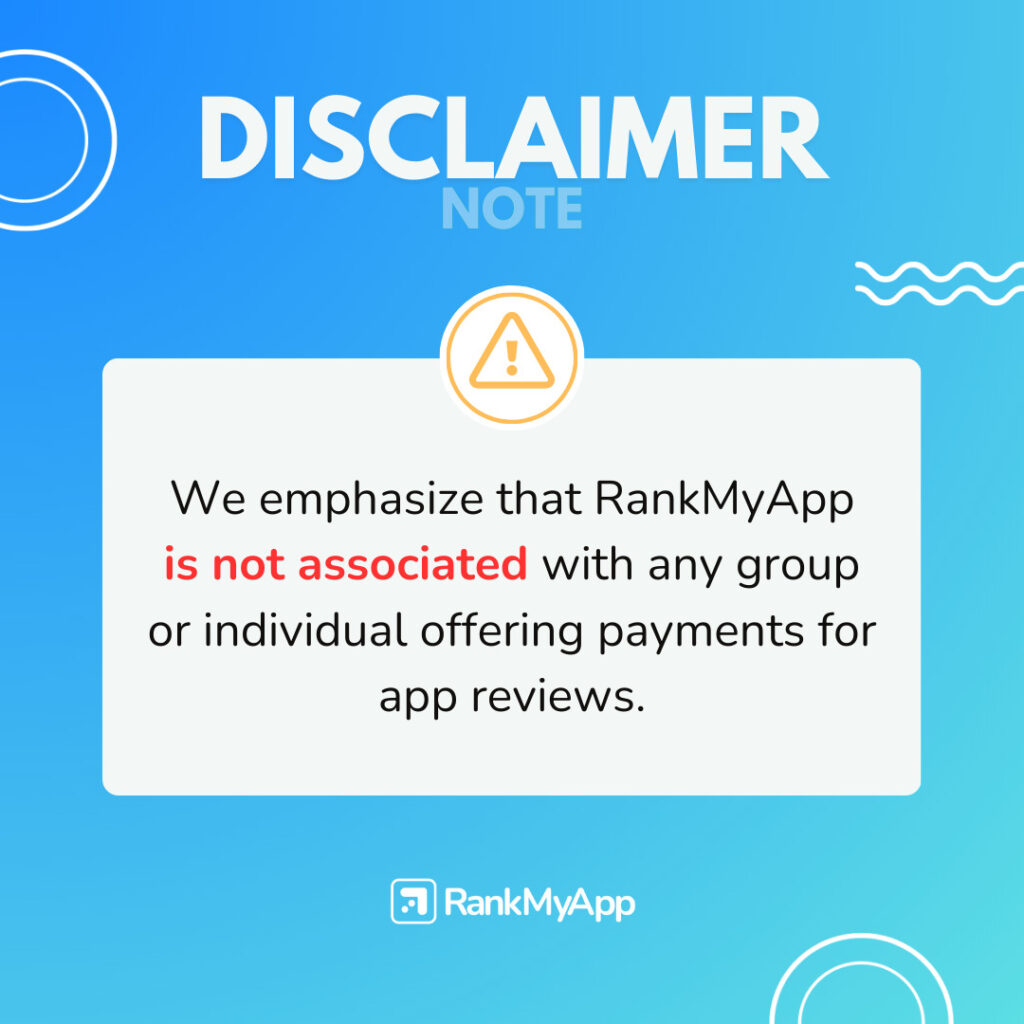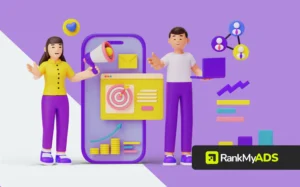The mobile era has revolutionized the relationship between companies and consumers, but it has also raised the expectations of those who browse and use applications on a daily basis. Imagine a user who opens an app and finds exactly what they need in seconds, with intuitive navigation, fast loading and personalized interactions. This level of fluidity and personalization requires advanced technologies, and that’s where APIs come in.
APIs – or application programming interfaces – are fundamental elements that connect different systems, making the app more efficient and enriching the user experience. For companies looking to engage and build loyalty, integrating the right APIs can transform a basic app into a complete and innovative solution. But what are the essential APIs for optimizing the performance and usability of an app in the Brazilian market?
What are APIs and why are they so essential to the user experience?
APIs, or Application Programming Interfaces, are tools that make it possible to integrate different systems, allowing applications to access external data and functionalities without having to develop everything from scratch. In other words, an API acts as an intermediary that connects your application to various services and additional functionalities quickly and efficiently.
User experience (UX) depends on factors such as usability, response time, security and personalization. APIs are fundamental because they enable direct improvements in each of these aspects.
- Improved performance and speed
- Improved security with authentication APIs
- Personalization and segmentation
- Connectivity with other platforms
- Efficiency and resource savings for companies
APIs go besides simply adding functionality. They play a strategic role in the app’s growth, especially when the company seeks to position itself as a complete and innovative solution on the market. With well-integrated APIs, it is possible to expand the app’s capacity to respond to public demands, provide valuable insights into user behavior and increase competitiveness.
For companies investing in a mobile strategy, APIs can boost user reach and retention. Consider a push notification API that allows you to create targeted and relevant messages. This is a powerful retention strategy, as it keeps the user engaged and encouraged to return to the app.

1. Authentication API: Security and simplicity in user login
A user’s first interaction with any application begins with the login. This initial moment is decisive: an easy and secure login can generate immediate trust, while a complex barrier can lead the user to abandon the app. In this context, the authentication API emerges as a solution that balances security with practicality, making access quick and reliable at the same time.
Authentication APIs, such as OAuth and Firebase Authentication, are widely used to facilitate the login process, offering a variety of methods, such as social network authentication, biometrics or multi-factor authentication (MFA). With OAuth, for example, users can access the app using their credentials from social networks, such as Google or Facebook, without having to create a new login. This feature eliminates the frustration of remembering passwords, offering a simplified sign-in experience.
2. Payments API: Facilitating transactions and increasing in-app conversion
Making a purchase through the app needs to be a simple, fast and reliable process. After all, the last thing any consumer wants is to face obstacles when paying. It is exactly this agility that a payment API provides, simplifying the entire transaction flow and creating a more fluid purchasing experience.
Besides, these APIs guarantee a high level of security. Through data encryption and additional authentication, customer data is protected, minimizing the risk of fraud and increasing user confidence. This aspect is fundamental to winning customer loyalty in e-commerce apps and fintechs, which depend on a secure payment experience to remain competitive.
3. Geolocation API: Contextualized experiences for each user
Imagine opening an app and receiving offers from restaurants, stores or events near you, all in a personalized way. This is the level of contextualized experience that a geolocation API provides, allowing the app to “understand” where the user is and adapt the content according to their location. For the Brazilian public, accustomed to increasingly personalized interactions, this feature is quite an attraction.
4. Behavior analysis API: Knowing the user to personalize navigation
Understanding user behavior is the first step to offering a truly personalized experience. Behaviour analysis APIs, such as Firebase Analytics and Amplitude, allow companies to collect detailed data on how users interact with the app, identifying patterns and preferences that can be used to optimize navigation and make the experience more relevant.
These APIs monitor activities such as usage time, most accessed screens, click-through rates and even the stages where users tend to abandon the journey. With this data in hand, the marketing and development teams can identify points for improvement and adapt the app to better serve the target audience.
5. Push notification API: Intelligent user engagement and retention
Good communication with the user can be the difference between an app that is remembered and one that is forgotten. Push notification APIs, such as OneSignal and Firebase Cloud Messaging (FCM), allow you to send messages directly to the user’s device, keeping them up to date with relevant content, offers and reminders. What’s more, with the right strategy, you can engage without being invasive.
Push notifications are extremely effective at increasing user retention, encouraging them to return to the app and explore it. Imagine an e-commerce app that alerts you to an exclusive promotion for a product you’ve already searched for, or a delivery app that informs you that a restaurant is opening nearby. This kind of personalized notification attracts attention and shows that the app is attentive to the user’s preferences.
Integrating the right APIs is more than a question of technology – it’s an essential strategy for creating a differentiated and engaging user experience. From secure authentication to data-driven personalization, APIs provide the tools companies need to create applications that truly meet consumer expectations.
To ensure that your app makes the most of the potential of APIs, it’s important to have a strategy that propels your app into the best market positions. At RankMyApp, we help companies exploit the power of APIs, promoting the growth and engagement of their apps.
Invest in APIs that make a difference to your users and in a growth strategy that really drives results. Get in touch with RankMyApp and find out how to turn your app’s experience into a competitive differentiator.





